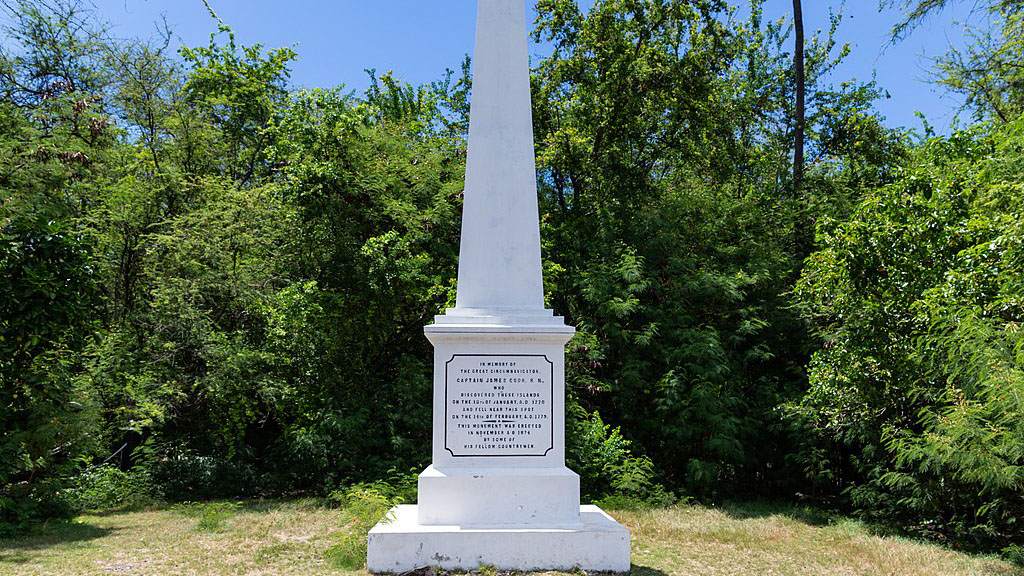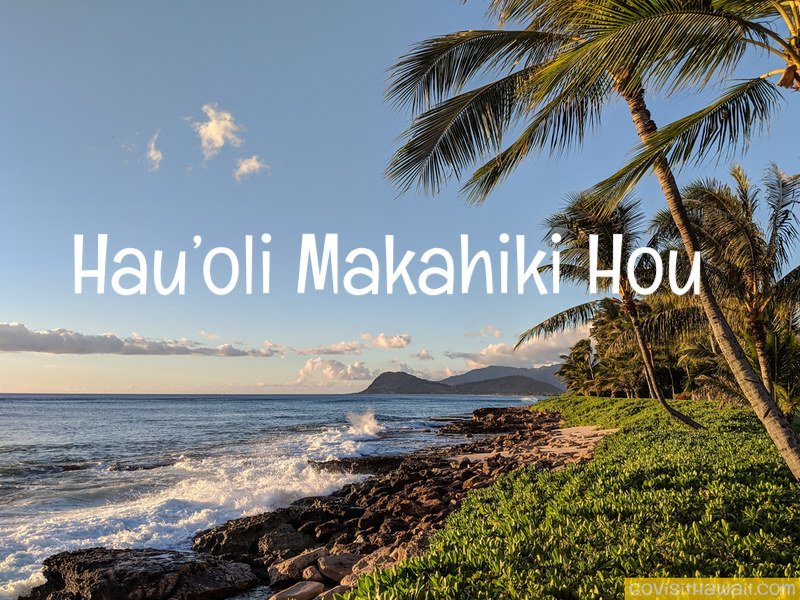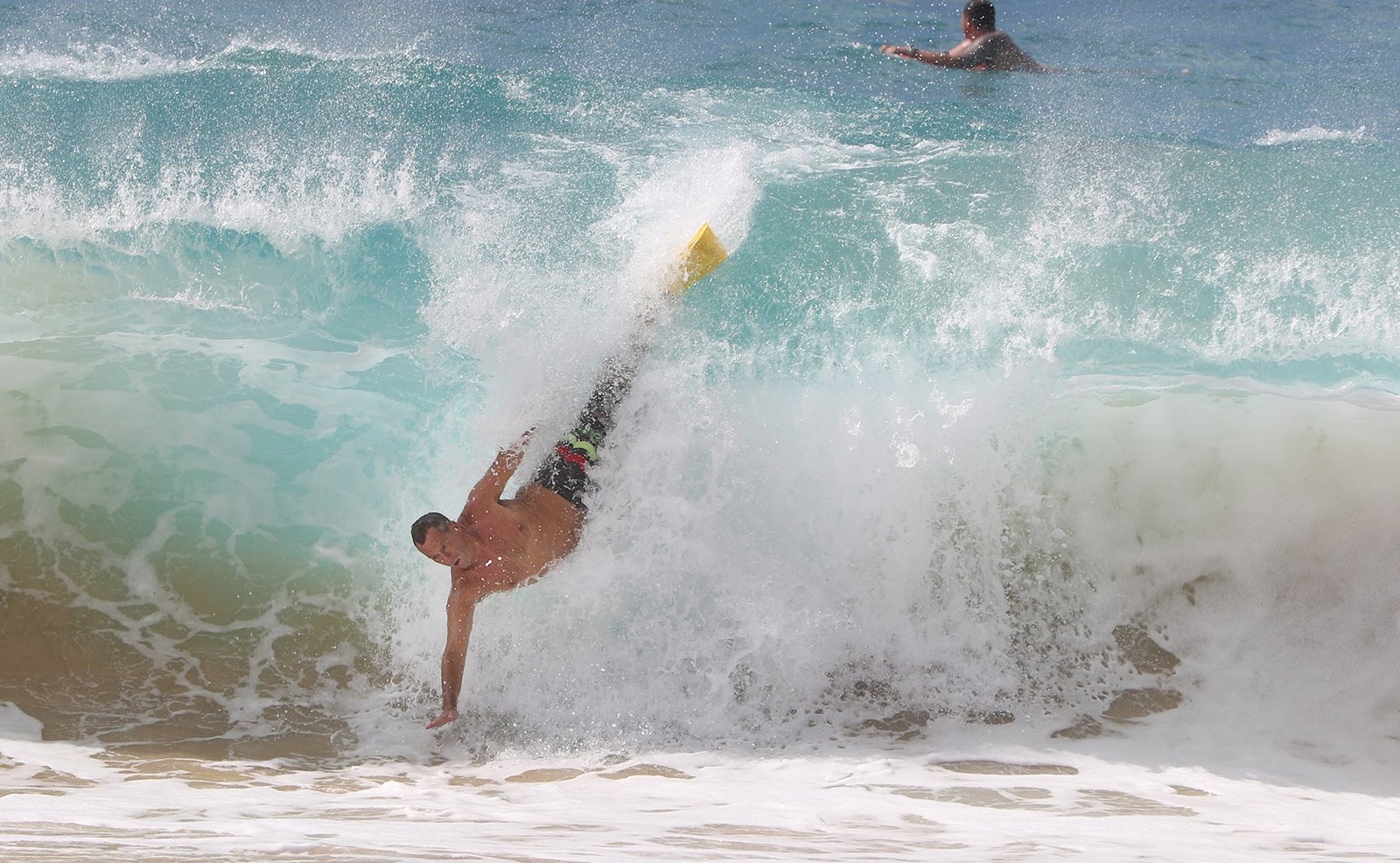Today is Indigenous Peoples’ Day, previously Discoverers’ Day, in Hawaii, and as of this year, it is a new official state holiday. By not observing Columbus Day, Hawaii distanced itself from celebrating the colonization of Native Americans.
Columbus Day became a national holiday in 1937.
It was enacted by US President Franklin D. Roosevelt, and a day off for many workers. Hawaii, however, changed the name to Discovers’ Day in 1971 “to honor all discoverers, including Pacific and Polynesian navigators.” It remained a state holiday until 1988. Interestingly, when Columbus Day was removed as a state holiday, Martin Luther King Jr. Day was added to the roster.
Previously Called Discoverers’ Day in Hawaii.
“The second Monday in October shall be known as Discoverers’ Day, in recognition of the Polynesian discoverers of the Hawaiian Islands, provided that this day is not and shall not be construed to be a state holiday.”
Hawaii State Legislature (1988)
As of 2023, Indigenous Peoples’ Day became a Hawaii state holiday.
You can read the legislative measure below that formally changed the name.
Captain Cook arrived in Hawaii in 1778 and forever changed the islands.

While not a perfect analog to Columbus’ “discovery” of North America, Captain Cook’s arrival in Hawaii in 1778 and its consequences played out similarly.
The native population of Hawaii was decimated by diseases introduced by the new arrivals, which killed off as much as 90% of the inhabitants. Missionaries arrived forty-two years after first contact (1820), intent on converting and “civilizing” the Hawaiian people, and inspired through their actions by the famous saying, “They came to the islands to do good, and they did right well.”
The monument above on the Big Island, at Kealakekua Bay, shows where Cook died. In 1877, the Kingdom of Hawaiʻi deeded the land to Britain where the monument stands. It is disliked by many Native Hawaiians, who see it as a tribute to an invader.
Plantations were started by entrepreneurial Westerners eager to exploit the land’s fertility 15 years later (1835).
With help from the US military, some 58 years after, in 1893, they soon wrested control of the islands from the Hawaiian Kingdom.
Given this history, it’s no surprise that the state might want to distance itself from a holiday celebrating Columbus. However, the prior name, “Discoverers’ Day,” was vague enough that anyone hearing it without fully understanding might easily mistake which discoverers it is intended to honor. This, along with the prior prohibition against making it an actual state holiday, suggests that compromises had to be made to get the bill through the state legislature. That all changed this year, with a name change, and an official state holiday.
Many other places have also moved to celebrate a different holiday.
It is called Indigenous Peoples’ Day, Discoverers’ Day and Native American Day too. The bill has come and gone in the Hawaii legislature over the years, to change the name from Discoverers’ Day to Indigenous Peoples’ Day. The bill finally passed this year.
The question of who gets credit for discovering a given place continues to be a subject of controversy throughout the world. It is perhaps worth noting that when the peoples who would become known as Hawaiians first arrived here from Tahiti, the islands had already been inhabited for about 500 years. Some believe that Polynesians had discovered North America and South America well before Christopher Columbus’ visit.
Is Indigenous Peoples’ Day/Columbus Day Monday a holiday for you?
Updated October 8, 2023






Leave A Comment